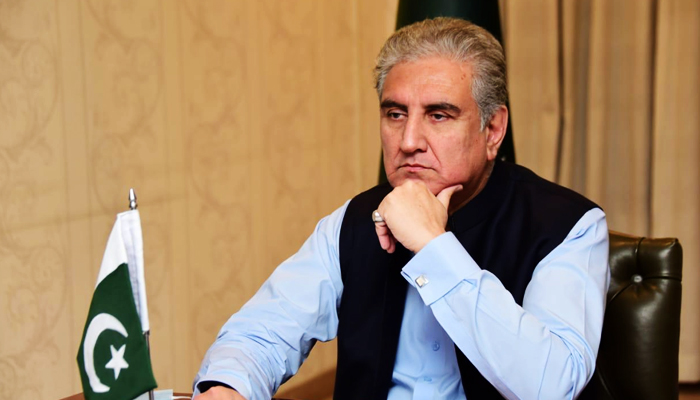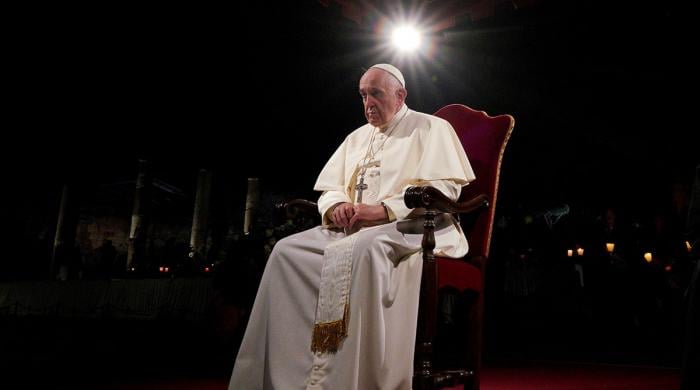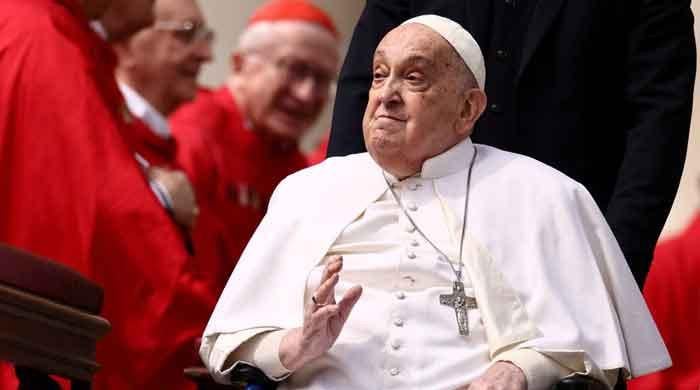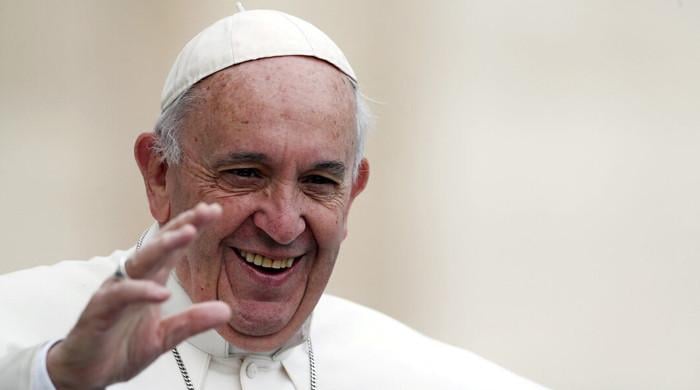Islamabad faces headwinds as Qureshi moves to protect Pakistan’s interests in Europe
Two days of intense activity in the European Parliament on Pakistan may just determine the future course of EU-Pakistan relations
May 28, 2021

In a recent exchange between various members of the European Parliament (MEPs) and Pakistan’s Foreign Minister Shah Mahmood Qureshi, MEPs across party lines, in a conciliatory manner, raised their concerns regarding Pakistan’s alleged role in the Afghan peace process and the future of the war-torn country.
During the exchange representatives of political groups from across the political spectrum also expressed varying levels of concern regarding the state of minorities in Pakistan.
The exchange, which took place under the umbrella of the EU-Pakistan Engagement Plan signed in 2019, is a means for Islamabad to maintain its longstanding relations with the EU at different levels.
Since Pakistan’s return to democracy in 2008, Pakistan and the EU have entered multiple long-term projects involving judicial and educational reforms, as well as economic and democratic stability. Arguably the most important of these, the GSP Plus project, allows Pakistan to bring its products to the EU markets duty-free for a ten year period in return for the implementation of the UN’s 27-point Charter of Human Rights.
The implementation of the Charter is very important for the European Union and key to its foreign policy goals. This exchange provided an opportunity for the members of the European Parliament to share their concerns directly with FM Qureshi and vice versa.
During his speech, Qureshi highlighted Pakistan-EU cooperation and shared Pakistan's progress in the field of human rights. He noted that new legislation has been introduced to strengthen the human rights regime in Pakistan.
He highlighted that, earlier this month (May 6), the federal cabinet had approved the Journalist and Media Protection Bill and the Forced or Involuntary Disappearance Bill. The Journalist and Media Protection Bill was also introduced in the National Assembly just days earlier, the foreign minister pointed out.
Qureshi then referenced a recent resolution moved in the European Parliament in which the European Parliament voted with a majority of 96% to accuse Pakistan of not meeting the requirements of GSP Plus and recommending that the trade concession be suspended due to non-compliance of its conditions.
“Unlike others, we have always been forthcoming in discussing all issues and never shied away from engagement in our multitiered engagement with the EU. In this context, we were disappointed at the adoption of a resolution by the European Parliament on blasphemy laws in Pakistan,” Qureshi regretted.
“I am afraid that the discourse in the European Parliament reflects a lack of understanding of blasphemy laws and associated religious sensitivities in Pakistan and in the wider Muslim world. We need to appreciate the religious sentiments attached to the personality of the Holy Prophet (PBUH) and other religious symbols,” he said.
“Like every other democratic and free society, we value freedom of expression. However, it should not be abused to hurt the religious feelings of others. Willful provocations and incitement to hate and violence must not be allowed and be universally condemned,” he argued.
After Qureshi’s speech, the floor was opened to questions from MEPs representing various groups in the Foreign Affairs Committee of the European Parliament.
Those who took part included representatives of the EPP (centre right), S&D (centre left), green left, The Left (hard left), ID (nationalists) and Renew Europe (liberals)
Questions covered the issue of Afghanistan, with some MEPs bluntly asking if Pakistan was playing a double role and protecting the Taliban. They also questioned what would happen in the Taliban gained control of Afghanistan and the international community would lose all gains made in the last twenty years, especially pertaining to press freedoms, women’s rights, etc.
Pakistan's anti-blasphemy measures were also at the centre of the exchange, particularly with regards to minorities’ experiences and their persecution.
Qureshi gave detailed answers to the various questions raised by the members of the European Parliament.
Responding to an MEP’s misrepresentation that 50% of blasphemy cases being against minorities, the foreign minister clarified that only 4% of a total of 388 cases being tried under the blasphemy law directly impact minorities, otherwise a majority of those accused are themselves Muslims.
FM Qureshi also strongly dismissed the notion that Pakistan was playing a double role and protecting the Taliban. At the same time, he underscored that peace in Afghanistan is not only Pakistan's desire but also its need as peace will unlock desperately needed economic growth in both countries.
Commenting on the exchange of views between the MEPs and Foreign Minister Qureshi, Pakistan’s Ambassador to the EU, Zaheer Janjua, told Geo News:
“Relationships are multifaceted. They are based on shared values, the rule of law, democracy and mutual respect. There are many levels to this relationship and Pakistan wants to further enhance the partnership between the two parliaments.
"We must remember that everyone can have a different point of view," he said in response to a question.
“In today's meeting, the Foreign Minister has put forward a very good view of Pakistan. I do not want to repeat these things, but a positive and healthy dialogue is going on between the two sides in which, if there are questions on the one hand, on the other hand, their answers and conversations will continue,” Janjua said.











